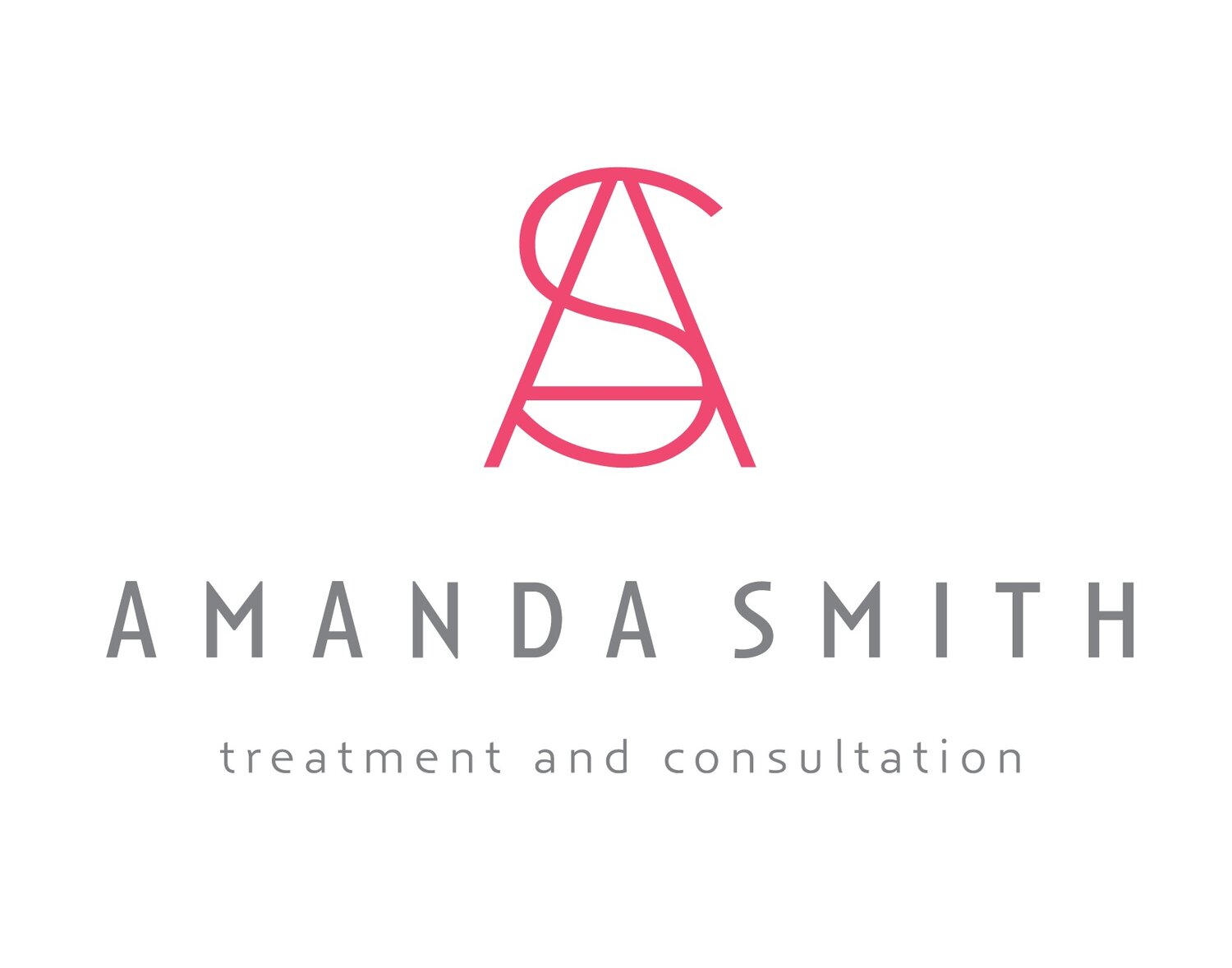As a DBT therapist, sometimes I have clients who wonder:
• Should I be dating while I’m in treatment?
• Will I ever be in a healthy relationship?
• How can I find someone who is validating and supportive?
• Will my partner judge me if I tell them about borderline personality disorder?
These are all great questions.
I encourage my clients to think about their goals when it comes to dating and even marriage—even early in treatment. Because a life worth living means creating or cultivating healthier relationships, I want for my clients to have the tools they need to accomplish this important goal.
Creating healthier and lasting relationships always starts with us—not the other person.
Sometimes we have unrealistic expectations in relationships. If you are looking for the perfect person to make everything all better, you may be in for a very long wait. In my experience, being in love or being loved does not make everything all better. Love certainly doesn’t “cure” BPD, addiction, domestic violence, or any other problems. Other people cannot do the hard work that it takes to recover from borderline personality disorder, depression, anxiety, or another mental health diagnosis.
I believe that it’s impossible to have a healthy relationship unless we define what a healthy relationship looks like.
Here’s a check list of the qualities of someone who has the capacity to be in a healthy relationship.
How many of these are true for you?
☐ I can validate others.
☐ I am comfortable saying no.
☐ I am mindful of others when we are having a conversation.
☐ I don’t expect perfection from others.
☐ I respect myself.
☐ I work hard at not judging others.
☐ I give as well as take.
☐ I don’t try to “rescue” or change others.
☐ I take care of myself (physically, emotionally, financially, and spiritually) so that I can be there for others.
☐ I am compassionate toward others.
☐ I recognize when I am judging others.
☐ I am confident in asking for what I want or need.
☐ I don’t have to be “right” or always get my way.
☐ I don’t apologize for my values or beliefs.
☐ I don’t threaten others—even when I have a right to be angry.
☐ I can be kind toward myself.
☐ I keep my word.
☐ I am responsible and don’t expect others to take care of me.
☐ I am thankful for others in my life.
☐ I don’t give advice unless I ask for permission first.
☐ I work to resolve conflict quickly.
☐ I don’t use others for my sexual gratification.
☐ I check the facts before I make assumptions about what others are thinking or feeling.
☐ I refrain from yelling.
☐ I don’t expect others to anticipate my physical or emotional needs.
☐ I am open to receiving help with problems I cannot solve on my own.
☐ I am accepting of others when they have different values.
☐ I am self-validating.
☐ I don’t have to change to make someone like me.
☐ I don’t make excuses for abusive, mean, or controlling behaviors.
☐ I am truthful with others.
☐ I assume that others are doing their best.
☐ I am proactive about reaching out to others who are important to me.
☐ I am forgiving.
☐ I don’t rely on one person to meet all of my emotional needs.
These ideas don’t apply to only romantic relationships. Many of these attributes can also be important indicators of healthy relationships with friends and even work colleagues.
Of course, there are no perfect relationships. I believe that we are all doing our best and—at the same time—we all have room to grow and change. You have the freedom to make decisions about any changes that may help you to be the partner or spouse you want to become. Don’t allow someone else to tell you what you should or shouldn’t do in relationships. You don’t have to let others decide how your relationship should look.
Using the above check list requires a lot of honesty and self-awareness about areas where we may need additional help. I encourage you to share your answers with the people you care about the most.
Above all else, guard your heart, for everything you do flows from it. —Proverbs 4:23
Finally, please be careful about being in a relationship where violence or the threat of violence occurs. If you are in an abusive or dangerous relationship, please contact the experts at The National Domestic Violence Hotline. They can help you take the first steps toward safety in your relationship. Taking a break from hurtful relationships or remaining single for a predetermined period of time can be a way for you to take care of your emotional health and increase your self-respect.
Interested in reading more about creating healthier relationships? Please check out some of my favorite books to recommend to my clients and their families.
How to Be Single and Happy: Science-Based Strategies for Keeping Your Sanity While Looking for a Soul Mate
This book is by Jennifer Taitz, PsyD—a super-smart DBT therapist. I love her optimistic and encouraging approach to future relationship success.
The Science of Trust: Emotional Attunement for Couples
John Gottman and his wife are experts at helping couples save their relationships. This is a must-read for anyone who is looking to better understand themselves and others in romantic relationships. Also check out Dr. Gottman’s book The Relationship Cure.
The Highly Sensitive Person in Love: Understanding and Managing Relationships When the World Overwhelms You
Elaine Aron, PhD is the foremost expert in the field of emotional sensitivity. She has several books that may also be beneficial for someone who is in a relationship with an emotionally sensitive person.

